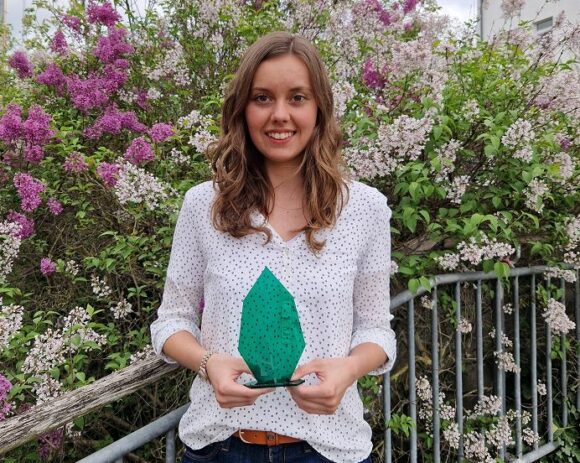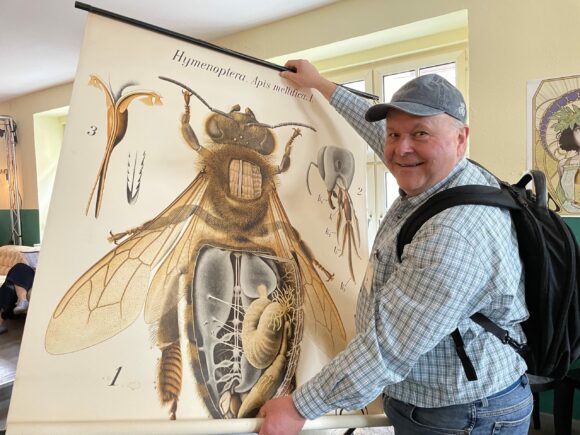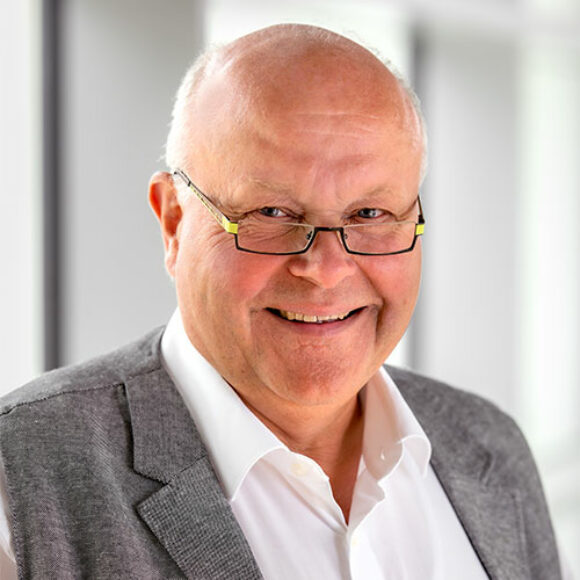The research project “Sewage Sludge Monitor Bavaria”, which began as a student project in the master’s program in project management and was implemented at the iwe as part of the project “GTW – Green Technology Workshop Hof”, has been completed. The aim of the project was to determine the current status and requirements for sewage sludge disposal and recycling in Bavarian municipalities. The study was financed by the EFRE Bavaria funding program.
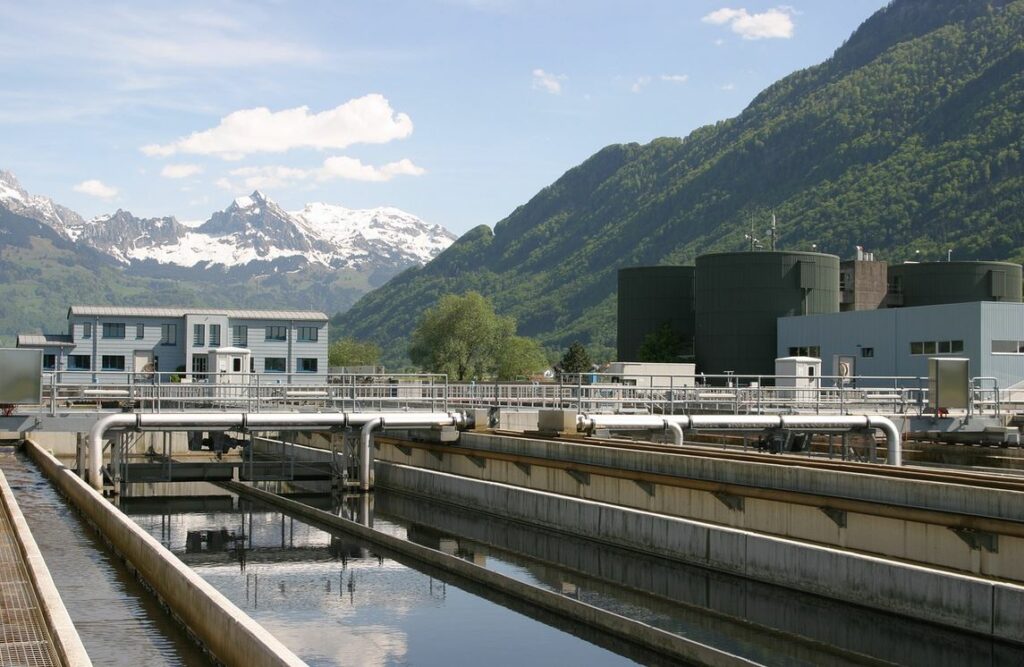
Conducting qualitative expert interviews
First, a potential and needs analysis for a digital platform for sewage sludge disposal or recycling in Bavaria was conducted by means of expert interviews. 31 persons in charge of sewage treatment plants with different processes such as the chamber filter press, belt filter press, centrifuge and screw press as well as other dewatering methods were interviewed about sewage sludge dewatering in the period from May to August 2021. In the guided interviews, general questions were first asked about sewage sludge disposal and digitalization. Subsequently, the assessment of the possible use of such a digital platform for sewage sludge disposal by the municipalities was queried. Finally, the need for sewage sludge dewatering with microplastic filtering was addressed. The interview included qualitative questions only. Here, we asked the interviewees to make their personal assessments and express their thoughts.
Sewage sludge – an important and individual topic
The evaluation of the interviews showed that in Bavaria there are generally both very advanced digitalized sewage treatment plants and sewage treatment plants that have not yet dealt with the topic of digitalization at all. This may be explained in part by a lack of infrastructure. 9% state that there is a lack of an area-wide Internet connection. On the other hand, almost a quarter of the respondents (23%) say that they do not see any support from digitization for everyday challenges. However, the wastewater treatment plants that already work with digital tools say that digitization is a very high priority (74 %). The call for standardization of digitization solutions was loudest among those responsible for the wastewater treatment plants surveyed (20%). Also mentioned was the desire for enabled monitoring of the plant from home and leaner management.
Interest in digital platform exists
A digital platform for sewage sludge disposal is more of an abstract topic. Also, 15% do not see a direct benefit of such a platform for your work environment. However, almost a quarter of the respondents (22%) would like to see a simplification of the disposal process accompanied by time savings, complete documentation, fewer errors and less paperwork. At the same time, however, they shy away from the additional work involved in complicated operation, training for employees and bureaucratic hurdles. They also see a problem in the strict data protection requirements. The new solution serves an old problem. Since each sewage treatment plant has already found an individual solution for the disposal of sewage sludge, future-oriented solutions are not currently prioritized or are not the focus of the plant operators. For example, there are long-standing contracts with special-purpose associations and disposal is handled by external service providers. Due to the previous alternative solutions, there is no acute need, but great interest has been expressed. Built-in interfaces to offices for easier transfer of analysis data, a simplification of process flows or facilitation in the preparation of statistics and reports were mentioned here, among other things.
Removal of microplastics during the wastewater treatment process
Simultaneous removal of microplastics during sewage sludge dewatering is considered an interesting option by 62% of the respondents. The main reasons for using microplastic filtration are environmental protection (53%) and agricultural use of the sewage sludge (18%). Legal requirements (12 %), phosphorus recovery (6 %) and further use of the sewage sludge (6 %) were also mentioned. Only 2 % do not see any need for such a machine or consider only an overall solution for the wastewater treatment plant to be useful (3 %).
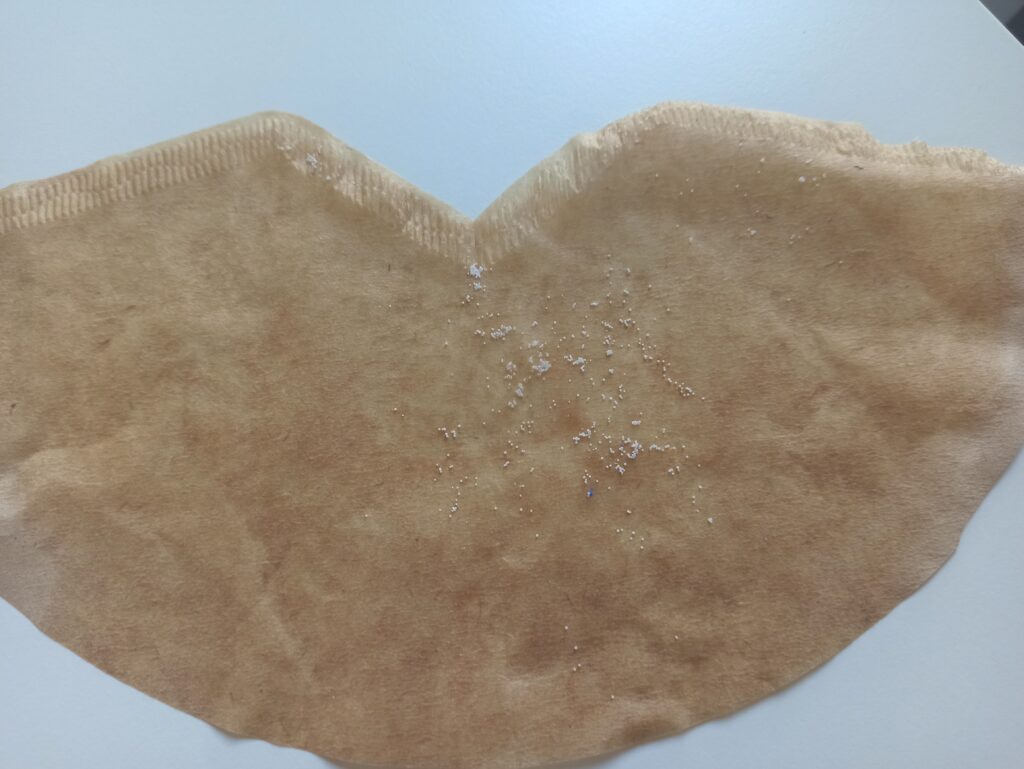
Requirements vary
In general, it was found that the requirements for digitization solutions vary individually. Should sewage treatment plants be forced by external framework conditions such as legal changes to change their current approach, the option of a digital platform for sewage sludge disposal and thus the topic of microplastics in sewage sludge will come into focus.
Involved in the implementing student group were: Miriam Schuster, Simon Bröring, Johannes Volpert, Conrad Dietel, Teresa Eberhart, Jonas Will;




